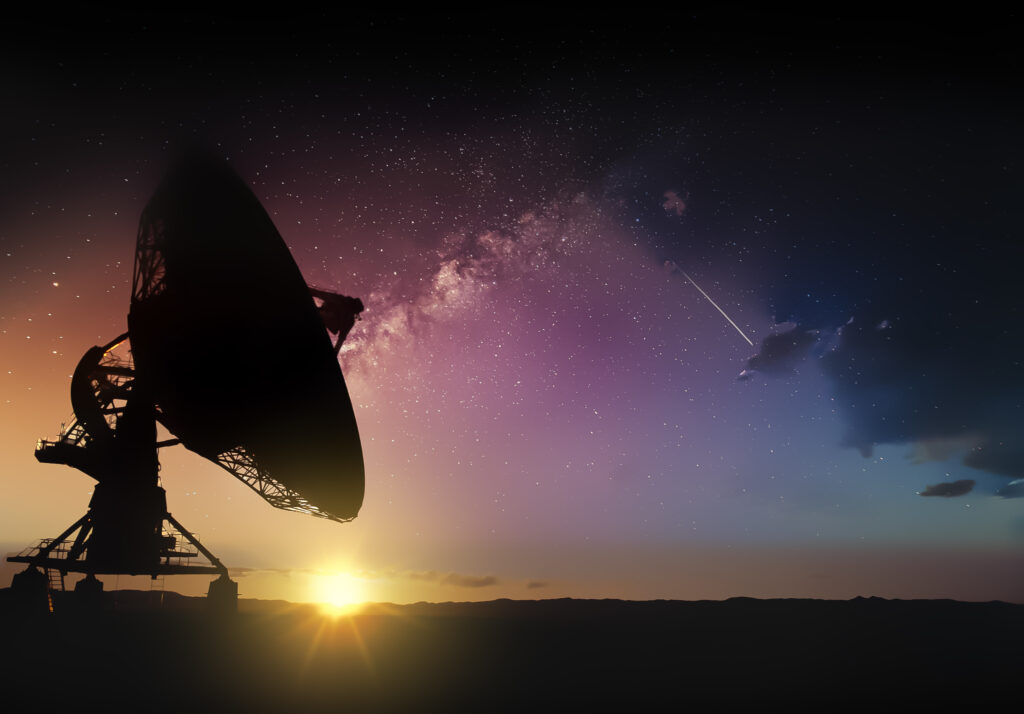
AAC Clyde Space wins SEK 25.5 M order for MagQuest mission
AAC Clyde Space has been selected by Iota Technology to execute an end-to-end satellite mission as part of MagQuest, a multimillion-dollar competition to advance how to measure Earth’s magnetic field. The mission will see a 4U EPIC satellite, equipped with Iota Technology’s magnetometer payload, launched to measure the Earth’s magnetic field. AAC Clyde Space will handle the manufacturing, launch, commissioning and operation of the satellite for a 3-year period. The total order value amounts to GBP 1.94 M (approx. SEK 25.5 M).
Through MagQuest, the National Geospatial-Intelligence Agency (NGA) is supporting the development of possible magnetic measurement solutions for the World Magnetic Model. Iota Technology emerged as one of three winners in the payload segment of the competition in September 2023, securing funding for a satellite mission.
“We are very proud to have been selected for this end-to-end space mission solution, leveraging our expertise and heritage in designing, manufacturing, launching and operating reliable satellite solutions. With Iota Technology’s novel payload, the mission holds the potential to greatly advance measuring the Earth’s magnetic field for the benefit of users across the globe,” says AAC Clyde Space CEO Luis Gomes.
“We are thrilled to be working with AAC Clyde Space to launch our first geomagnetic nanosatellite, Io-1. This mission will showcase a range of cutting-edge technologies that will allow us to accurately measure the Earth’s magnetic field,” says Iota Technology CEO Hugo Shelley.
The World Magnetic Model (WMM), a joint product of the NGA and the United Kingdom’s Defence Geographic Centre, corrects for the difference between Earth’s geographic and magnetic poles, enabling accurate navigation and orientation. It is updated every five years to account for changes in the Earth’s magnetic field and is embedded in numerous systems worldwide, from smartphones to military equipment. The production of the WMM currently relies on space-based magnetic field measurements provided by the European Space Agency’s Swarm mission.
The satellite is planned for launch in Q4 2025.
Sign up to our newsletters for the latest news, projects and more delivered straight to your inbox
"*" indicates required fields


